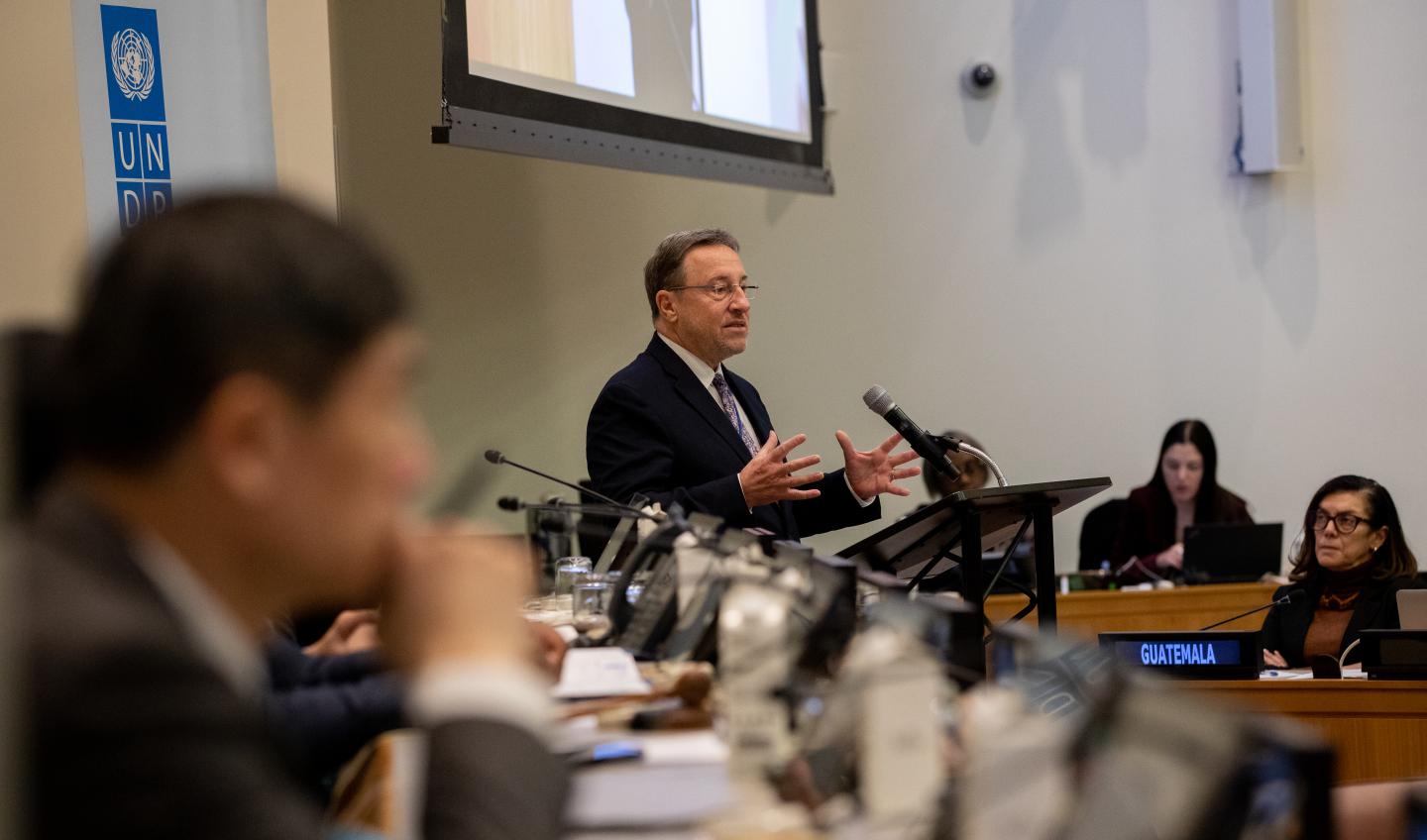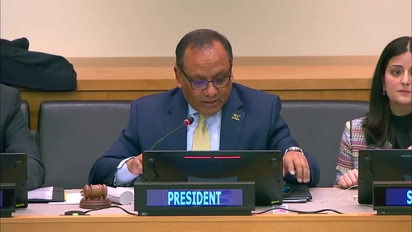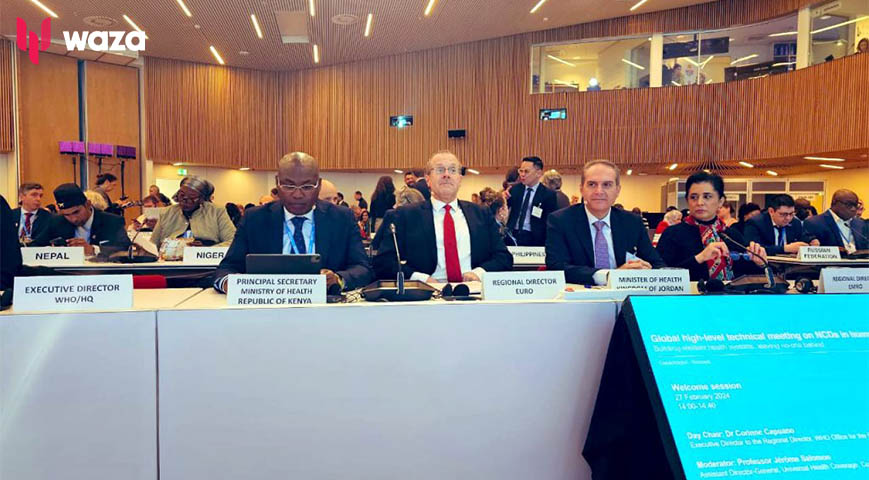At the Global High-Level Technical Meeting on NCDs in Humanitarian Settings in Copenhagen, Denmark, Kenya's proactive approach to addressing noncommunicable diseases (NCDs) was emphasized.
The Kenyan delegation, led by Harry Kimtai, Principal Secretary for Medical Services, was instrumental in the February 27, 2024 talks.
Kimtai emphasized Kenya's dedication to addressing the rising prevalence of NCDs, which are responsible for more than 41% of all fatalities and 50% of hospital admissions for inpatient care in the nation.
Implementing the Second National Strategic Plan (2021–2026) and creating emergency care guidelines are two critical components of Kenya's comprehensive strategy to guarantee continuity of care in times of crisis.

Did you read this?
Kenya has started major health financing reforms per the Bottom-UP Economic Transformation Agenda. One such reform is the Social Health Insurance Act of 2023, which aims to achieve Universal Health Coverage (UHC).
These reforms aim to ensure that everyone has fair access to healthcare, including marginalized populations like refugees.
Kenya has joined the World Health Organization (WHO), the UNHCR, the UN Refugee Agency, the Kingdom of Denmark, the Hashemite Kingdom of Jordan, and other nations in Denmark to support integrating critical NCD services into emergency preparedness and humanitarian response.
The conference offered a priceless forum for exchanging knowledge and best practices about tackling NCD issues in humanitarian contexts.
There has been a rise in the number of crises affecting people's health. WHO responded to 65 graded health emergencies globally in 2023, an increase from 40 in the previous ten years.

The UNHCR issued 43 emergency declarations in the same year, the most in decades, to increase assistance in 29 countries. According to UN estimates, 300 million people will require protection and humanitarian aid in 2024, with 165.7 million—or more—requiring immediate medical attention.
"People living with NCDs in humanitarian crises are more likely to see their condition worsen due to trauma, stress, or the inability to access medicines or services. The needs are enormous, but the resources are not," said WHO Director-General Dr Tedros Adhanom Ghebreyesus. "We must find ways to better integrate NCD care in emergency response, to protect more lives from these avoidable tragedies and improve health security."
The lack of access to health care that refugees frequently experience can be made worse by unfavorable living conditions, unstable legal status, and financial hardships. According to UNHCR's mandate, NCDs accounted for a sizable share of all deaths in the top refugee-origin countries: 75% in the Syrian Arab Republic, 92% in Ukraine, 50% in Afghanistan, and 28% in South Sudan.

"As forced displacement grows, we must work to ensure the right to health of refugees, other forcibly displaced people and host communities. It is imperative that the policies, and resources are in place to support the inclusion of refugees in national health systems, including for access to care for noncommunicable diseases," said Filippo Grandi, UN High Commissioner for Refugees. "We must be innovative, and work with governments and partners to respond to such challenges."









